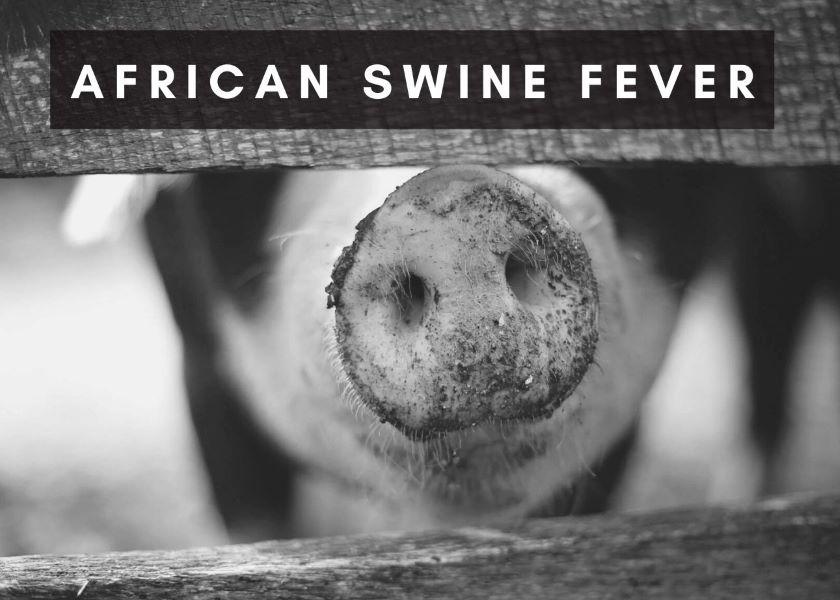Hong Kong authorities have taken swift and decisive action to contain the spread of African swine fever following an outbreak at a farm in Lau Fau Shan, Yuen Long. The Agriculture, Fisheries and Conservation Department recently culled 5,600 pigs, suspended pig transport from the affected farm, and implemented stringent safety measures. While the situation is concerning, it’s essential to understand the steps taken to ensure public safety and the preservation of Hong Kong’s pork industry.
The outbreak was detected after 22 pigs at the farm tested positive for African swine fever within two days. On Tuesday, it was revealed that 50% of the animals were carrying the virus. Another six out of 37 samples also tested positive on Wednesday. The swift response from the authorities to cull all 5,600 pigs on the affected farm was necessary to prevent further spread of the disease.
The Agriculture, Fisheries and Conservation Department took immediate action by suspending the transport of pigs from the affected farm as part of their contingency measures. They also emphasized that the virus cannot infect humans and poses no food safety risks. Fully cooked pork remains safe for consumption. The department’s priority is to protect both public health and the pork industry’s integrity.
The department’s spokesman reported that the cull began at 7 am, with about 30 staff members participating. The remains of the culled pigs were disposed of at the West New Territories Landfill, following established procedures. After the cull, thorough cleaning and disinfection at the site will take place to further minimize the risk of disease transmission.
The Agriculture, Fisheries and Conservation Department is actively working to investigate and trace the source of the virus in collaboration with international experts. The World Organisation for Animal Health has also been notified of the incident. These collective efforts are essential in understanding how the outbreak occurred and implementing measures to prevent future occurrences.
This is not the first time Hong Kong has had to deal with an African swine fever outbreak. In February, approximately 100 pigs were culled at a farm in Sheung Shui after 32 of them tested positive for the same virus. The department’s vigilance and swift action have been consistent in addressing such situations.
Hong Kong’s response to the African swine fever outbreak showcases a commitment to public safety and the protection of the local pork industry. By culling the affected pigs, suspending pig transport from nearby farms, and collaborating with international experts, the authorities are taking proactive measures to contain and understand the outbreak. It’s important to remember that this virus does not pose a risk to human health when pork is properly cooked, ensuring that consumers can continue to enjoy pork safely.
(Source: Danny Mok | SCMP | China News Agency)









